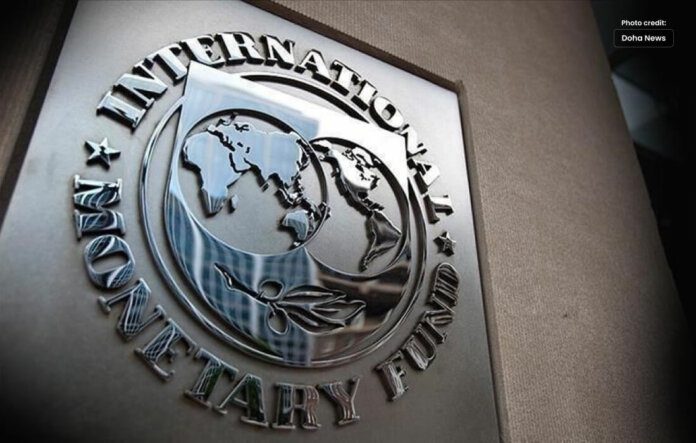Esther: Pakistan needs budget alignment for loan facility resumption.
Islamabad fails to reach a deal with the lender and suffers with record inflation, fiscal imbalances, and low reserves, Pakistan IMF program expires this month with roughly $2.5 billion budget still to be released.
In an email to Reuters, Ruiz responded, “As communicated to the authorities, there can be one remaining Board meeting under the current EFF in end-June.”
“To clear the way for a final review under the current EFF, it is crucial to restore the proper functioning of the foreign exchange market, pass an FY24 Budget that is in line with program objectives, and secure firm and credible financing commitments to close the $6 billion gap before the Board,” she added.
The official highlighted the general expectations of the IMF for the future budget, saying: “The focus of discussions over the FY24 budget is to balance the need to strengthen debt sustainability prospects while creating space to increase social spending.”
More of these purchases would protect Pakistan most vulnerable citizens from the effects of inflationary pressures, according to Ruiz.
In its budget, which will be unveiled tomorrow, the Shehbaz Sharif-led administration is attempting to strike a compromise between reforms to appease the Washington-based lender and initiatives to win over voters in a forthcoming election, according to analysts.
The administration would be hoping that the general election, which is scheduled for November, will put an end to the unrest caused by the protest movement the chairman of the Pakistan Tehreek-e-Insaf (PTI) has been spearheading since he was ousted in a vote of no-confidence last year.
Miftah Ismail Stated:
According to Miftah Ismail, a former finance minister, the administration must obtain IMF money in order to prevent the possibility of an expansive budget.
Without the IMF, it would be extremely difficult for Pakistan to survive the upcoming fiscal year, thus Miftah is confident that the government will develop a budget that is roughly in accordance with IMF recommendations.
Since November, there has been a delay in a staff-level IMF decision to release $1.1 billion of a $6.5 billion package.
The money is necessary for Pakistan to avoid a balance of payments crisis, and the majority of analysts predict that even when the current program expires, Pakistan will need a bailout in the upcoming fiscal year to avoid defaulting on its financial obligations.
For roughly a month, central bank reserves can pay for imports.
In May, the 220 million-person nation inflation rate rocketed to 37.97%, setting a record for the second consecutive month and reaching the highest level in South Asia.
The budget targets for development spending in the upcoming fiscal year were announced by the planning minister on Tuesday. The inflation rate for the year is anticipated to be 21%.
Ahead of the general election, several observers predict that the administration will present populist policies on Friday, even if they must eventually be pulled back.
Fahad Rauf:
According to Fahad Rauf, head of research at the Karachi-based brokerage Ismail Iqbal Securities, he anticipates an increase in government employee pay and a package for the agricultural industry, with little to no significant efforts being made to diversify the tax base.
“Banks and taxed industries will continue to feel the heat,” Rauf said, adding that despite the government assertion that the so-called super tax of 10% on more than 15 sectors was a one-time payment last year, he believed it will be reinstituted.
For the fiscal year 2022–2023, the government projected a total expenditure goal of Rs9.5 trillion, up from Rs8.49 trillion in the previous year when plans had to be scaled back due to IMF dissatisfaction.




